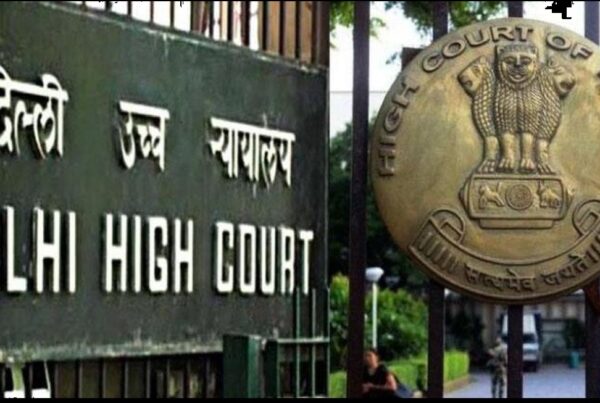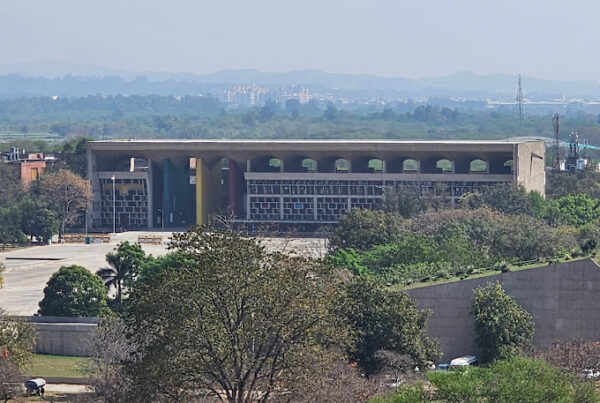Supreme Court on Wednesday observed that Special Leave Petitions (SLP) under Article 136 cannot be entertained against every order of National Consumer Disputes Redressal Commission (NCDRC). The Court opined that SLPs can be entertained only against NCDRC’s orders passed in exercise of forum’s original jurisdiction.

Credits – Ratnesh Upadhyay/Google Photos
A two judge bench of Justice JB Pardiwala and Justice Manoj Misra were hearing an SLP against an order of NCDRC that had upheld an order of State Consumer Disputes Redressal Commission (SCDRC). The bench while hearing the pleas opined that the remedy of a direct appeal before the Supreme Court can only be availed in the exercise of its original jurisdiction and no plea under Article 136 of the Constitution of India can be entertained against an order of the NCDRC in an appeal or revision matter before it.
The observations made by the Court were –
“The remedy of appeal to this Court is available only with respect to the orders passed by the NCDRC in exercise of its powers conferred by Section 21(a)(i) of the Consumer Protection Act 1986 and 58(1)(a)(i) or 58(1)(a)(ii) of the Consumer Protection Act 2019. In other words, both the Acts provide for the remedy of appeal to this Court only with respect to the orders which are passed by the NCDRC in its original jurisdiction or as the court of first instance (original orders) and no further appeal lies against the orders which are passed by the NCDRC in exercise of its appellate or revisional jurisdiction,” the judgment stated.”
For such observation the Supreme Court reasoned that power under Article 136 has to invoked in very exceptional circumstances which include factors like – i) deciding an important question of law, (ii) deciding against a decision which shocks the conscience of the Court.
The bench also observed that in cases where a party wishes to challenge an NCDRC order in an appeal or revision plea, the parties should challenge it before the High Court by way of a writ petition under Article 226 or Article 227 and then approaching the Supreme Court under Article 136.
The observation recorded by the Court in para 38 of the judgment –
“…………….We must ask the petitioner herein to first go before the jurisdictional High Court either by way of a writ application under Article 226 of the Constitution or by invoking the supervisory jurisdiction of the jurisdictional High Court under Article 227 of the Constitution. Of course, after the High Court adjudicates and passes a final order, it is always open for either of the parties to thereafter come before this Court by filing special leave petition, seeking leave to appeal under Article 136 of the Constitution.”
M/S Universal Sompo General Insurance Co. Ltd. v. Suresh Chand Jain; SLP (Civil) No. 5263 of 2023 decided on 26.06.2023. RELEVANT PARA(s) – 33 to 38


